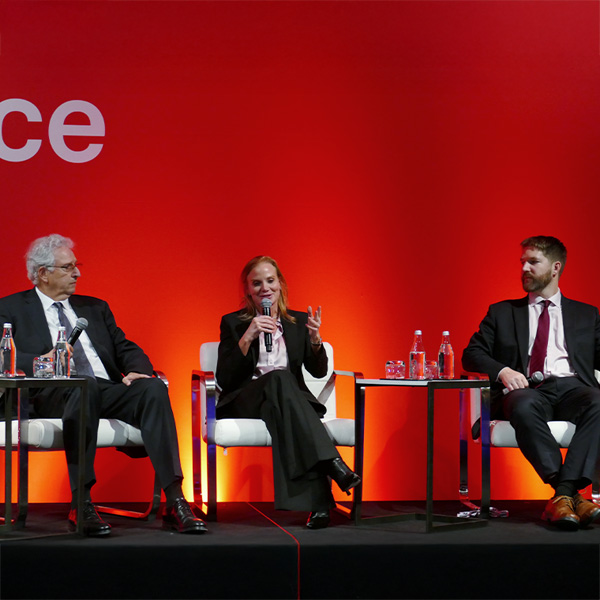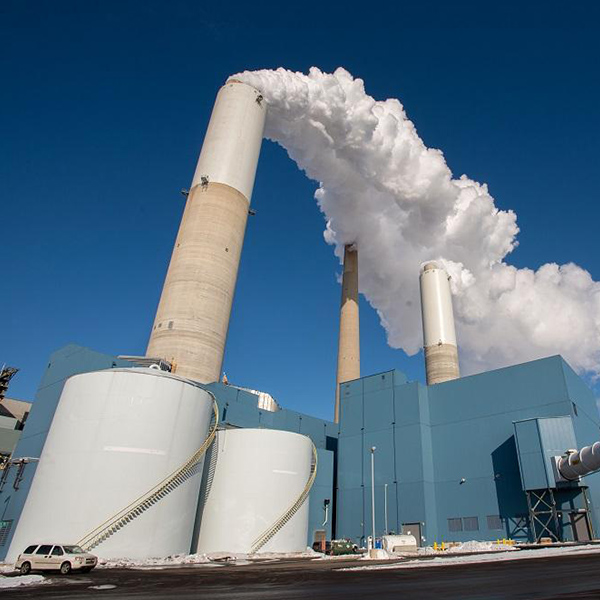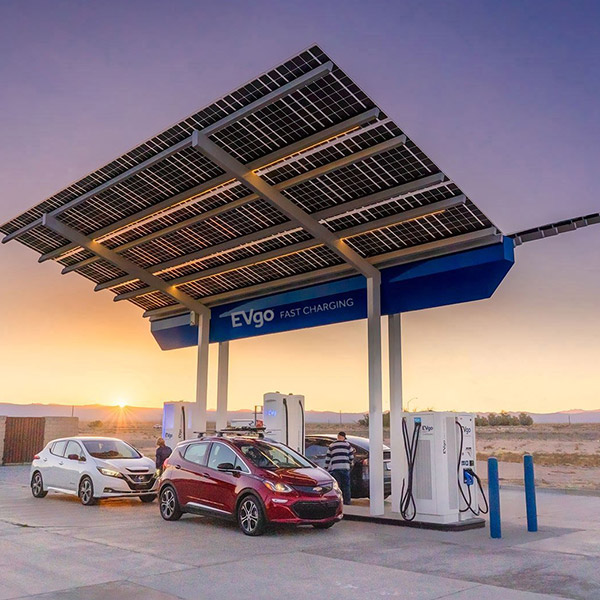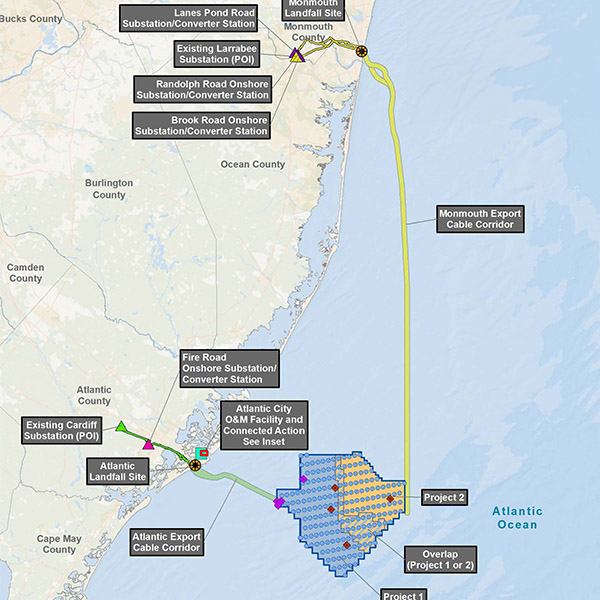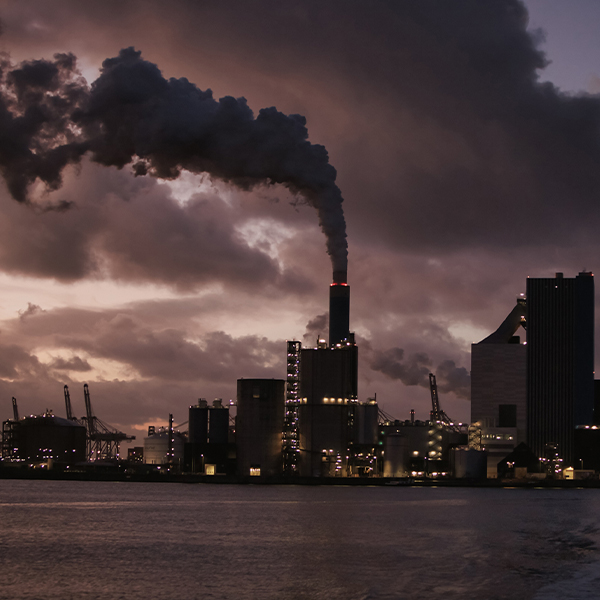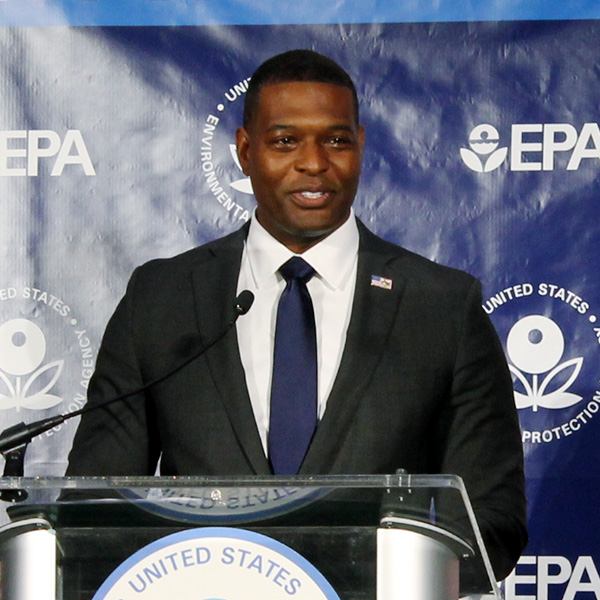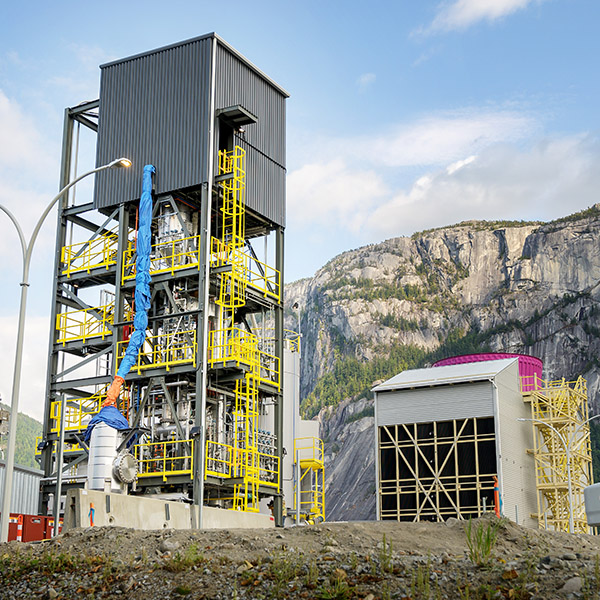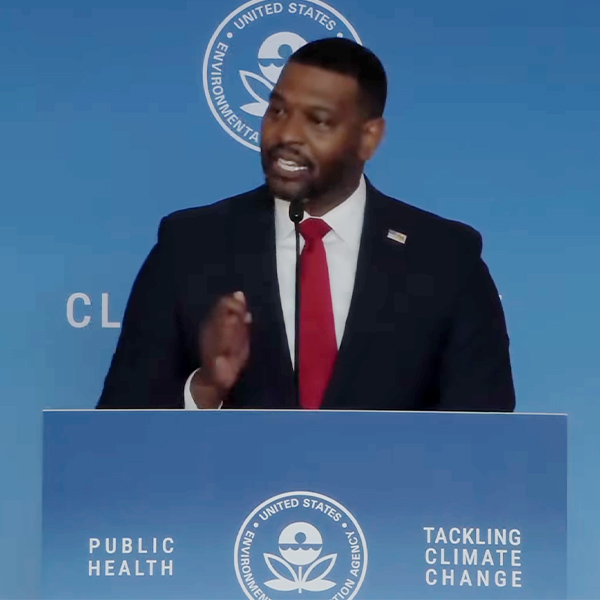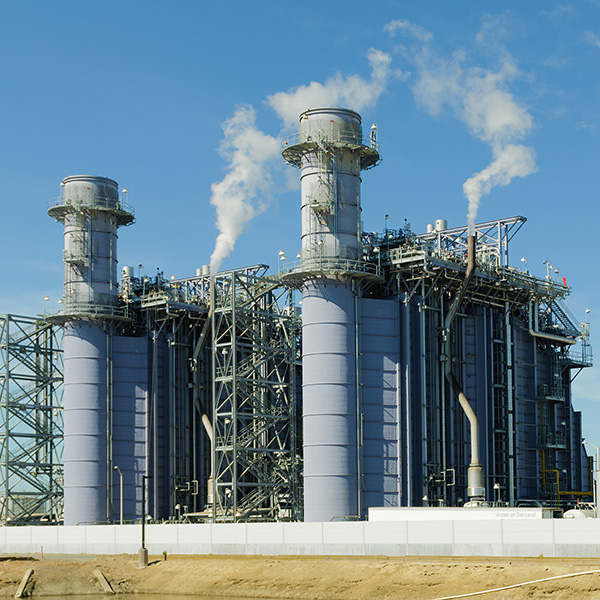Clean Air Act
Former FERC Chair Richard Glick and former FERC economist Devin Hartman told attendees at the Nodal Trader conference that they fear for FERC's independence.
EPA is proposing to rescind its 2009 endangerment finding, which qualifies greenhouse gases as pollutants and has been used by Democratic presidential administrations to regulate emissions from power plants and other sources.
The U.S. Senate approved a resolution under the Congressional Review Act that would end California's EV mandate.
The EPA’s Environmental Appeals Board has granted the agency’s motion for a “voluntary remand” on the air quality permit for the project, essentially returning it to EPA for re-evaluation in light of President Donald Trump’s Jan. 20 executive order on offshore wind.
In a rapid series of announcements, EPA Administrator Lee Zeldin unleashed a full-scale offensive on the agency’s regulatory authority, as it seeks to roll back as many as 31 regulations.
Just weeks before President-elect Donald Trump returns to the White House, the Biden administration has given California permission to enforce rules that require all new cars sold in the state to be zero-emission by 2035.
The D.C. Circuit Court of Appeals set aside EPA emission rules on new large boilers as they applied to those built prior to August 2020, ruling that was a violation of the Clean Air Act.
The Edison Electric Institute has joined the litigation against EPA’s power plant rules under Clean Air Act Section 111, filing its own petition to review the rules and intervening in existing suits.
Coal-fired power plants nationwide will either have to close by 2039 or use carbon capture and storage or other technologies to capture 90% of their emissions by 2032 under EPA’s long-awaited final rule.
A DOE report on resource adequacy says firms investing in natural gas capacity could be retrofitted with carbon capture and storage, or the ability to burn clean hydrogen.
Want more? Advanced Search
